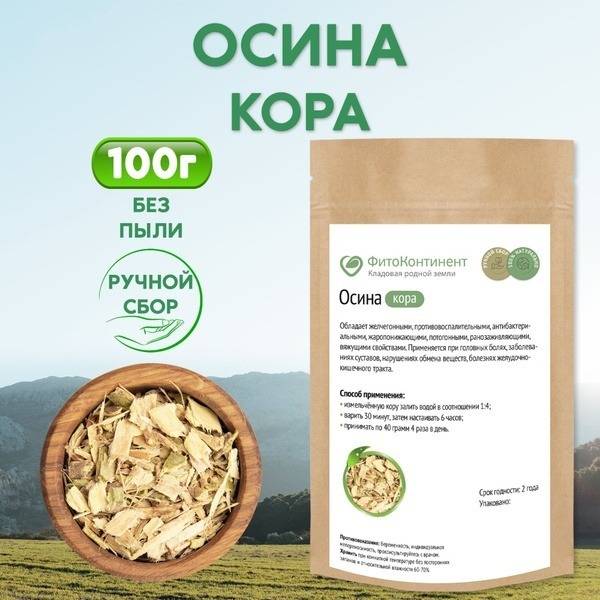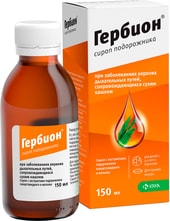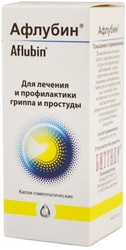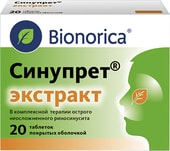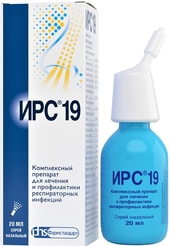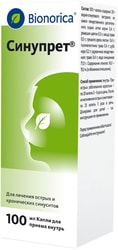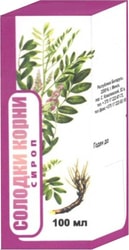Title: Aspen Bark Herbal Remedy (100g)
Description: Aspen bark boasts potent antimicrobial and anti-inflammatory properties, traditionally used to combat infections, rheumatism, digestive issues, and parasitic infestations. Its rich composition of salicylic acid, glycosides, tannins, and essential fatty acids makes it a powerful natural remedy with applications ranging from easing joint pain to supporting prostate health and promoting healthy skin. Learn about its diverse uses and traditional preparation methods.
Enhanced Text (English)
Aspen bark has a long and respected history in traditional medicine. Its remarkable therapeutic properties are comparable to modern antibiotics, yet without the side effects. Indeed, salicylic acid, a key component of aspen bark, was the precursor to aspirin. It's particularly effective for acute rheumatic pain, various joint diseases, and neuralgia.
Active Constituents
Aspen bark is rich in salicin glycosides (including populin), tannins, fatty acids (lauric, arachidic, and caprilic), organic acids (malic, benzoic, and ascorbic), various carbon compounds, and essential minerals including iron, zinc, and copper.
Therapeutic Applications
- Respiratory Infections: Aspen bark effectively reduces fever, thins lung mucus, alleviates flu-like symptoms, and improves overall well-being during colds, flu, and bronchitis. Decoctions, teas, and tinctures offer both internal and external benefits.
- Urinary Tract Infections (UTIs): It quickly alleviates discomfort and pain associated with UTIs (pyelonephritis, cystitis, paracystitis, and urethritis), promotes healthy urination, reduces swelling, and shortens antibiotic treatment duration.
- Digestive Disorders: Aspen bark's astringent properties soothe irritated mucous membranes in the stomach and intestines. It stimulates regeneration and healing, inhibits pathogenic microorganisms, treats acute and chronic gastritis, prevents bleeding, reduces inflammation of the gallbladder and pancreas, and eliminates fermentation and putrefaction. It's also been used traditionally to combat parasites such as Giardia and Opisthorchis.
- Skin Conditions: Externally, aspen bark is applied to treat eczema, furunculosis, skin ulcers, acne, psoriasis, and severe dermatitis.
- Overall Health: The holistic benefits of aspen bark extend beyond treating specific ailments. Regular use can regulate carbohydrate metabolism, reduce the risk of diabetes, inhibit malignant cell transformation (cancer prevention), and boost immunity.
Recommended Usage & Traditional Preparations
Note: Always consult a healthcare professional before using herbal remedies, especially if you have pre-existing conditions or are taking other medications.
Several traditional preparations exist, dosage and duration varying depending on the specific condition. Examples include:
- Digestive Issues, UTIs, etc.: Simmer 5 tablespoons of ground bark in 200ml of water for 30 minutes, steep for 45 minutes, and strain. Drink the entire decoction in three doses throughout the day, before meals.
- Tuberculosis: Steep 1 tablespoon of ground bark in 500ml of boiling water in a thermos for 12 hours, strain, and drink half in the morning and half in the evening.
- Other preparations are described for coughs, colds, mastitis, prostate cancer, parasites, and intestinal disorders (see original text for details).
Contraindications
Individual intolerance. A minimum course of 5 packs is recommended.
Keywords
Aspen bark, herbal remedy, natural medicine, anti-inflammatory, antimicrobial, digestive health, skin health, joint pain, rheumatism, UTI treatment, parasite cleanse, 100g, traditional medicine, herbal supplement, natural antibiotic.
